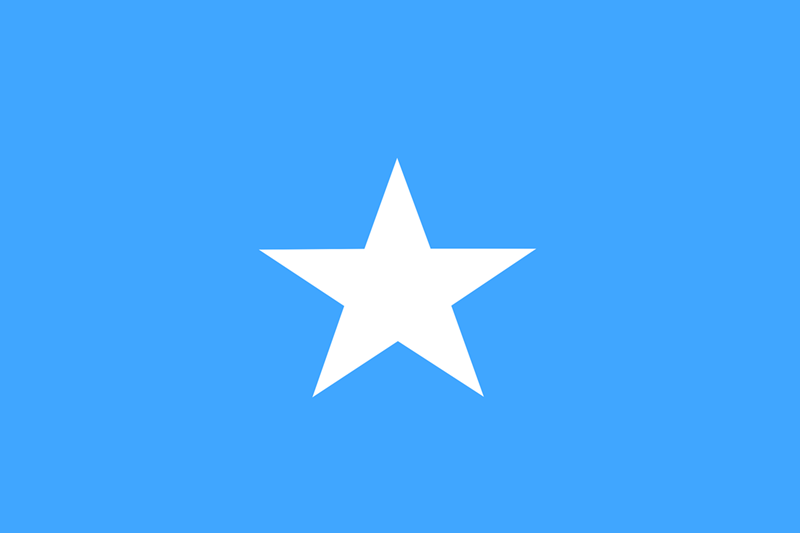MOGADISHU — The national summit of Somalia’s opposition political leaders has entered its second day in Mogadishu, continuing intensive deliberations aimed at forging a unified stance on key national issues and establishing a joint leadership body to represent the opposition bloc.
The high-level political gathering, which officially opened yesterday, May 28, 2025, brings together prominent figures from various opposition parties, including former government officials, party leaders, and political activists. The conference is expected to conclude on May 30, with a joint communiqué anticipated to be released summarizing the outcomes and consensus positions reached.
The opposition summit comes at a politically sensitive time for Somalia, as the country faces growing security threats, uncertainties surrounding the next electoral process, and increasing demands for inclusive governance. Opposition parties have long criticized what they perceive as opaque decision-making by the federal government and are now seeking to establish a unified political voice that can more effectively challenge or influence policy.
According to organizers, the primary aim of the summit is to strengthen coordination among opposition parties, articulate a common political vision, and form a central body or council that can act as the legitimate representative of the opposition in dealings with the federal government and international partners.
- Electoral Framework and Transparency:
- Participants are engaged in intense debate over the expected electoral model for the upcoming national elections. Opposition leaders are demanding a transparent, inclusive, and fair electoral system that avoids manipulation and reflects the will of the people. Proposals have been floated for constitutional and legal reforms to ensure future elections are free and credible.
- National Security Concerns:
- The deteriorating security situation, especially ongoing Al-Shabaab attacks, has drawn serious concern. Opposition leaders have called for a clear, coordinated, and accountable national security policy, urging the government to prioritize rebuilding national security institutions and enhancing cooperation with regional states and international partners.
- Internal Opposition Unity:
- A central theme of the summit is the unity of opposition forces. Discussions are focused on how to overcome internal divisions and form a unified political council or alliance that can engage more effectively with state institutions and international stakeholders. Names of potential candidates to lead this council are being floated, with behind-the-scenes negotiations reportedly ongoing.
The summit has drawn participation from a wide array of Somali political figures, including:
- Former presidents and prime ministers
- Leaders of opposition parties such as Wadajir, Himilo Qaran, UPD, and others
- Independent opposition parliamentarians
- Civil society advocates and political analysts
The diversity of the attendees underscores the broad appeal and urgency of the agenda. It also reflects the growing frustration among opposition circles over the lack of meaningful consultation in government decisions and national reconciliation processes.
Analysts view the summit as a pivotal moment in Somalia’s fragile political landscape. If the opposition can emerge with a unified leadership and coherent strategy, it could reshape the balance of political power and increase pressure on the federal government to engage in more inclusive governance.
“This is not just a political gathering — it’s a defining test of whether Somalia’s opposition can act as a responsible, unified alternative to the current administration,” said political analyst Fartun Ibrahim, speaking from Mogadishu.
Sources inside the summit suggest that tough negotiations are underway over who will chair the proposed opposition council, with several high-profile names under consideration. A final declaration or joint statement is expected by May 30, which will outline the opposition’s collective position on elections, governance, and national priorities.
Observers say that international partners are closely watching the developments, particularly given Somalia’s volatile security environment and the need for inclusive political stability ahead of critical elections.
As the opposition summit moves into its final day, much hinges on whether the attendees can rise above party differences to form a cohesive political front. Success could signal a new phase of political maturity and democratic competition in Somalia. Failure, on the other hand, could deepen fragmentation and weaken the opposition’s ability to hold the government accountable.
All eyes are now on Mogadishu as political stakeholders — and the Somali public — await the outcome of what may become a turning point in Somalia’s democratic evolution.

